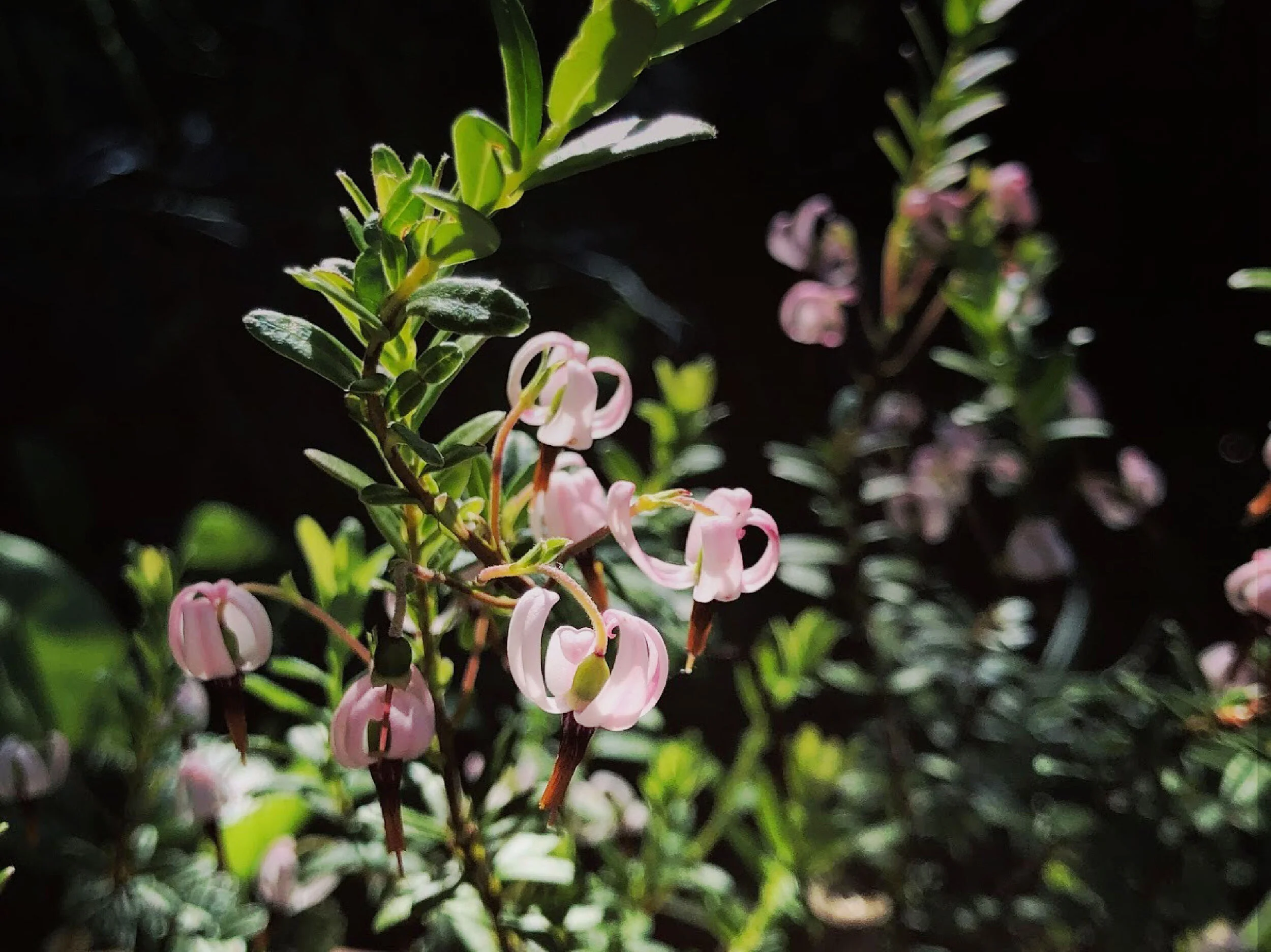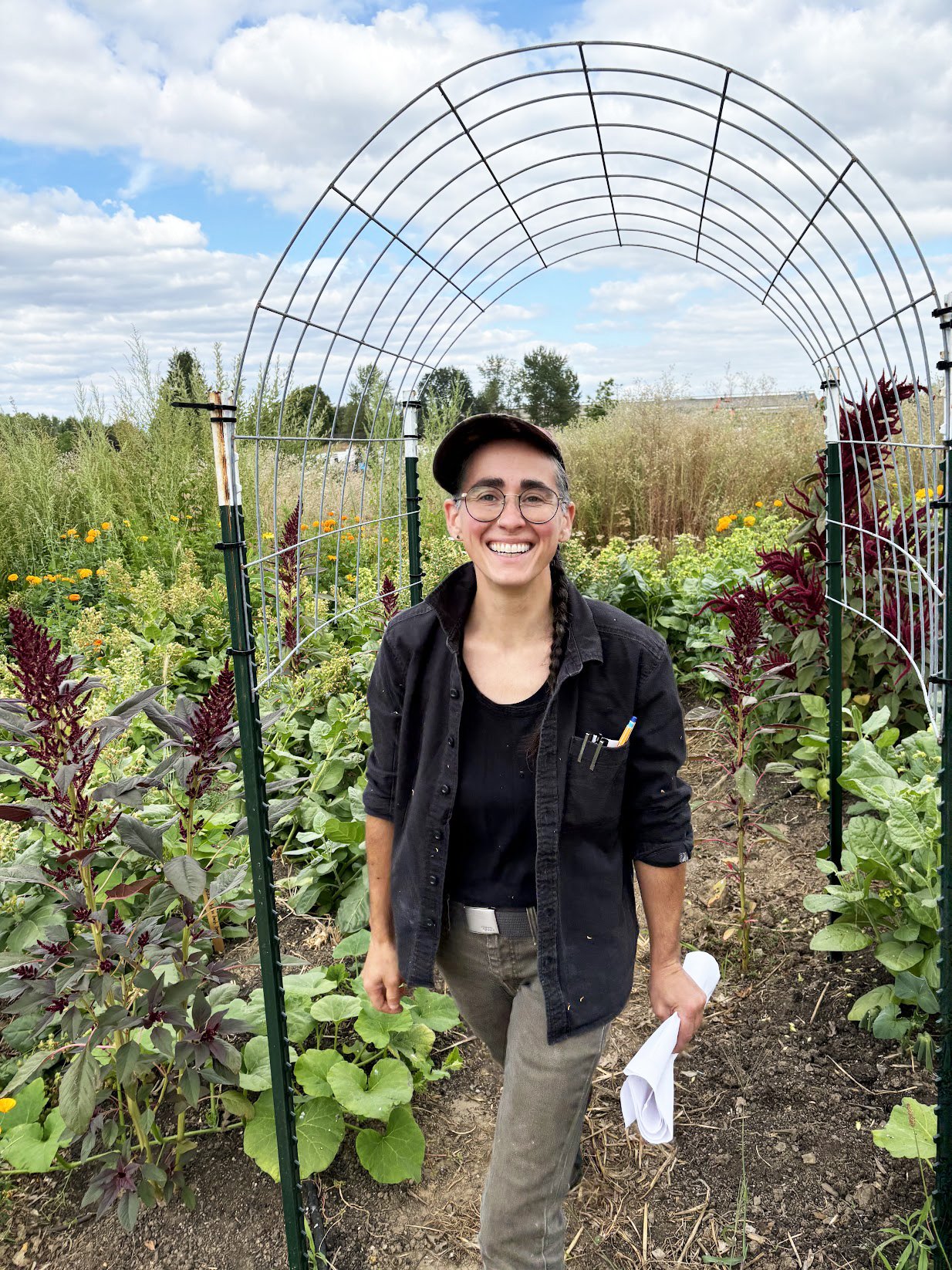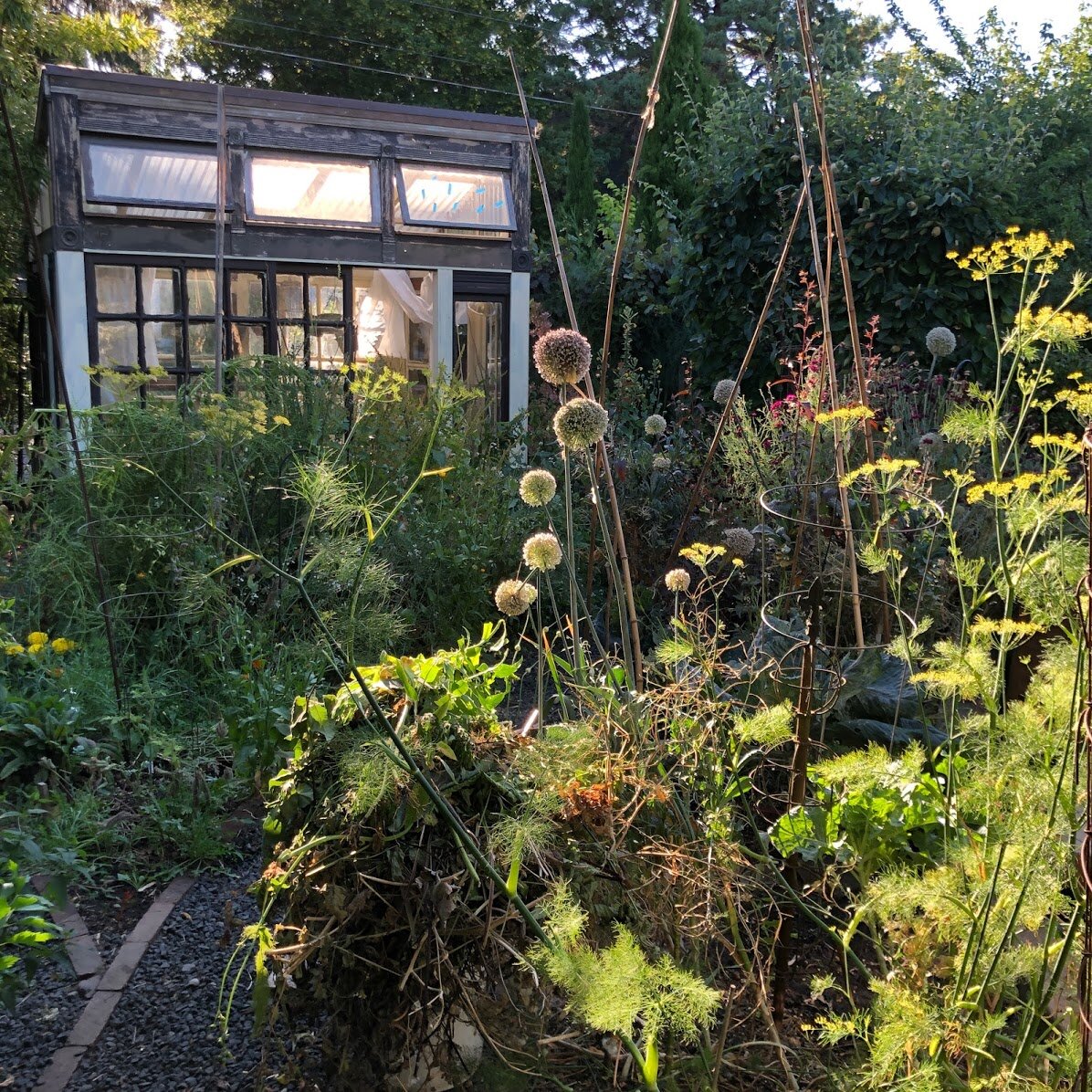
Welcome to Resilience Design
Our Approach
From concept sketches to detailed master plans, having a design will help ensure your effort and dollars are moving you towards the landscape you want, one that is well-suited for your site and life. A ‘systems’ perspective will take into account the flows of inputs and outputs from your property, helping to make it as efficient and ecologically-friendly as it is beautiful.
Native plants are multifunctional and critically important to creating high quality habitat so we emphasis their use in our projects. We also helping clients make an organic management plan to mitigate invasive weeds on their property – and to understand them in an ecological context of natural succession.
Holistic design also requires an awareness of time on a longer scale than what is typically considered in the landscaping industry. Questions such as ‘Who/what was here before your yard was here?’ and ‘What is the capacity and potential of this land?’, ‘What effect will climate change and fire have on this site?’ are central to our work. We don’t have all the answers to all of these questions, but we believe we need to keep asking them. When we approach the land with patience and humility, as kin, our efforts have a better chance of leading to good stewardship.
Recognizing that we live and work on stolen, sacred land has become central to our practice. As we learn more about the relationships that First peoples have had in this bioregion for time immemorial, we walk more lightly, listen more, and ask more questions. It is clear to us that this landscape, its more-than-human people, and its human people have long lived in reciprocal relationship – and can again.
The degree that settler-colonialism has impacted this community is devastating. It is also clear to us that we all come from ‘people of place’—living in a reciprocity within an ecosystem— however long ago and that this belonging and balance is a human right. How we steward this land in part determines what happens next.
Specializing in urban and rural planning, landscape designer and horticulturist Mulysa Melco brings over 30 years of experience and a life-long passion for nature and ecological living to her practice.
Creating productive, multi-functional spaces that support sustainable living is my goal. I help clients tap into natural abundance right where they are, taking into consideration the unique characteristics of the site, their time and resources, and their personal style.
I design landscapes to enhance habitat for people, plants, water and wildlife. My approach incorporates permaculture principles and an awareness of needing to re-envision how we use our land and resources as our society transitions to lower energy consumption. I believe there are myriad powerful, positive, and pleasurable changes we can make in our daily lives — starting in our own yards and communities.
Mulysa has a Master of Agriculture in Horticulture degree (focusing on landscape design and garden history) from the University of Minnesota–Twin Cities and BFA from the Minneapolis College of Art and Design. She studied at the Istituto d’Arte in Florence, Italy, interned at the Royal Botanic Gardens Kew in England, and received her Permaculture Design Certificate in 2010. Mulysa teaches design and ecology courses as Associate Faculty at Clackamas Community College and through Rewild Portland.
Paola Smith lends their project management skills, organizational prowess, and attention to detail as the land care lead and landscape design support for Resilience Design.
Paola’s dedication to food justice and community + environmental well-being has led to a 100% plant-based path through organic farming, working in restoration, training in herbalism, craft baking with locally-sourced heirloom whole grains and offset production printing on recycled paper with vegetable based inks.
They are working towards becoming an ISA certified arborist and are eager to lend their holistic approach to climate adapted tree selection, tree inspection, cone collection, and participating in the NEPA process as a means to protect our forests from corporate interests.
Born in unceded Quinnipiac territory, in so-called Connecticut, they have lived and worked on both coasts (but never the middle) of Turtle Island and and now reside in Chinook territory, aka Portland, OR
Community
Rewild Portland – Board Member 2019-2021
Northwest Center for Alternatives to Pesticides – Business League Member
Backyard Habitat Certification Program – Landscaper Directory
Cascade Forest Conservancy
Bark – Protecting Mt Hood
Sustainable Overlook (Overlook Neighborhood Association) – Steering Committee 2010-2019
Our Social Practice
Resilience Design strives to provide high-quality service with respectful and prompt customer service.
Resilience Design values clear and timely communication
Resilience Design values diversity, affirms the equal rights of all people and does not discriminate on the basis of race, color, religion, gender, gender expression, age, national origin, immigration status, disability, marital status, sexual orientation, or military status.
Resilience Design acknowledges that we work on sacred, un-ceded land and supports the sovereignty of native peoples and LAND BACK initiatives. We humbly strive to be good guests on the traditional land of bands of Chinook and other groups.
Resilience Design is a queer-, Sámi-descendent-, woman-owned business.




